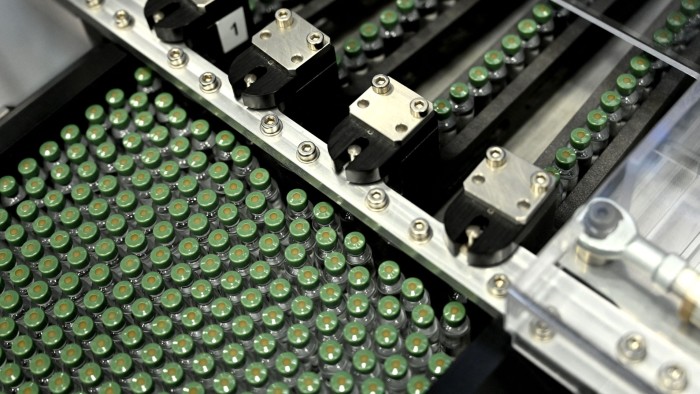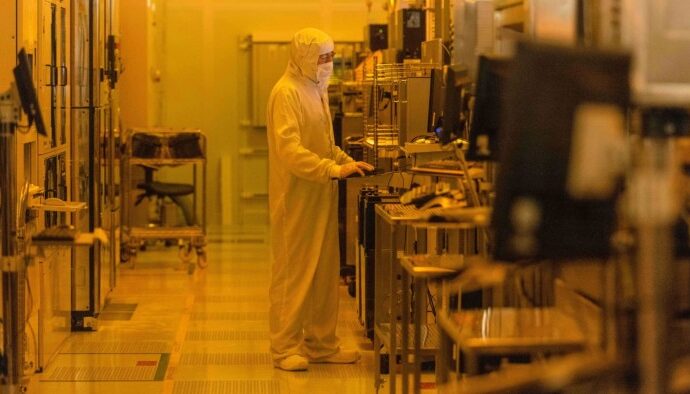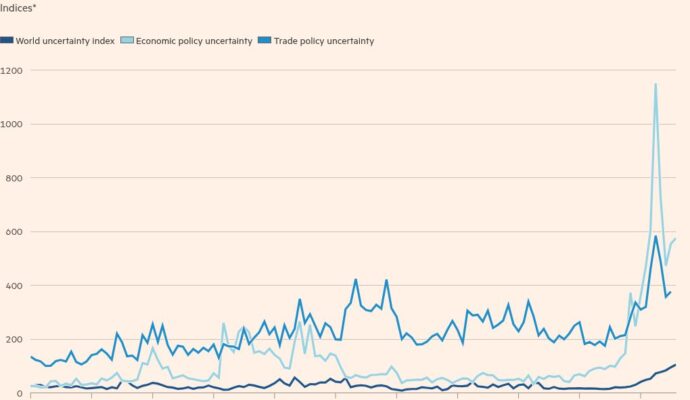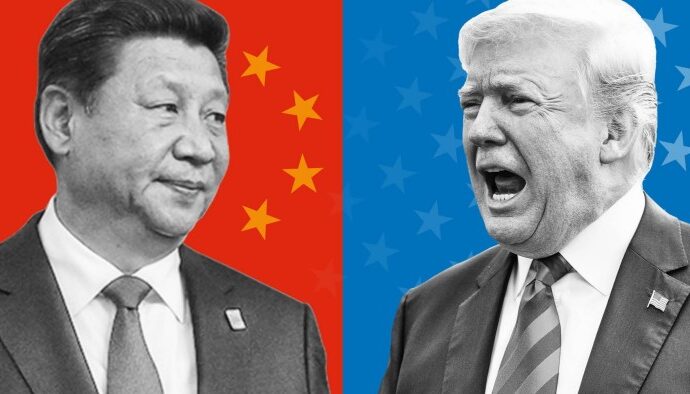
Stay informed with free updates
Simply sign up to the Pharmaceuticals sector myFT Digest — delivered directly to your inbox.
US weight-loss biotech Kailera Therapeutics has raised $600mn from investors buoyed by the company’s ability to accelerate drug development by relying on China for cheaper and faster clinical trials.
Massachusetts-based Kailera raised the funds from Bain Capital, the Canada Pension Plan Investment Board, the Qatar Investment Authority and others, one of the sector’s largest deals this year. This follows a $300mn infusion last year.
Kailera’s deal underscores China’s emerging status as the go-to country for drug development. Kailera acquired the global rights for its weight-loss drugs from Jiangsu Hengrui Pharmaceuticals in Lianyungang, China. Drug trials in China can be finished faster and for less money than in the US, making the country increasingly important for biotech investors and global pharmaceutical companies looking for early signs of a drug’s potential.
Relying on China for the early stages has allowed the pharmaceutical industry to bring drugs to the US Food and Drug Administration for final approval sooner than it otherwise would have. Still, while the FDA has previously said it will consider foreign clinical data, it wants to ensure the drugs are safe for the US and has previously rejected Chinese clinical studies for not being representative of the US population.
While Chinese data does not fully align with other countries’ regulatory standards, “it builds a basis of knowledge for us to go to global regulators in Europe or the US and outline what we have seen with those programs,” Ron Renaud, chief executive at Kailera, said in an interview.
Jiangsu Hengrui has been running trials in thousands of Chinese patients already, Renaud said, “so we get to see results from their programme, and it allows us to make very good clinical strategic decisions as well as good capital allocation decisions.”
Renaud said final Phase 3 testing for its weight-loss injection drug is expected to start by the end of the year at the FDA. Similar to Eli Lilly’s Mounjaro, Kailera’s shot combines the gut hormone GLP-1, which lowers blood sugar and limits appetite, with another gut hormone GIP that aims to increase weight loss.
Kailera’s obesity treatments are coming into an increasingly competitive market for weight-loss drugs. The company is hoping to diversify its offerings by also developing pills, which are seen as the next frontier for treatment. The leaders in weight-loss drug sales, Eli Lilly and Novo Nordisk, are also working on oral treatments.
In the US, 43.1 per cent of US adults are obese, a slight decrease from 43.3 per cent in 2022 to 2023, according to government data. Before weight-loss drugs soared in popularity in recent years, obesity was increasing by nearly 1 per cent a year on average from 2011 to 2019. Last year, more than a quarter of US adults with diabetes, which can be a consequence of obesity, were using weight-loss drugs, according to the Centers for Disease Control and Prevention.


